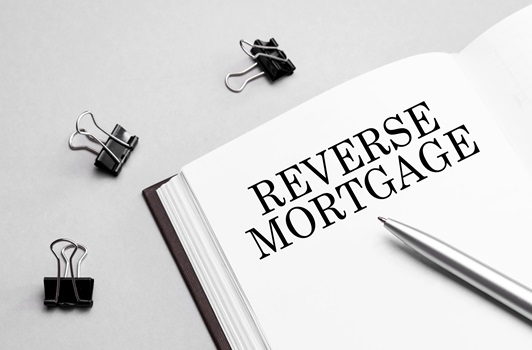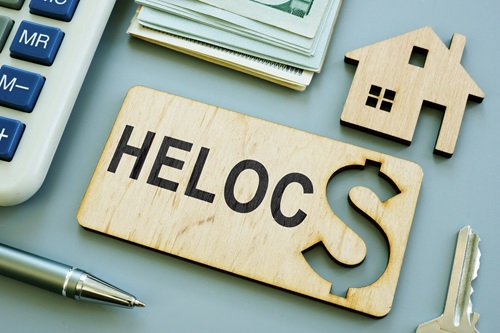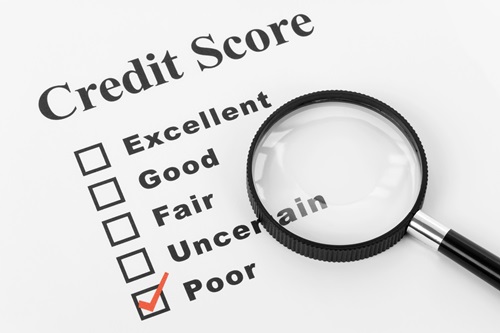
Reverse mortgages, specifically the Home Equity Conversion Mortgage, can be a valuable tool for seniors. To clarify, here are a few key points about the “government insured” reverse mortgage program known as a HECM.
- What is a reverse mortgage?
- Do I lose ownership of my home with reverse mortgages?
- How does a reverse mortgage work?
- Who is eligible for a reverse mortgage?
- How much money can I borrow with reverse mortgages?
- What happens when I move out or pass away?
- What are the costs associated with reverse mortgages?
- What are the pros and cons of reverse mortgages?
- Is a reverse mortgage right for me?
What is a reverse mortgage?
A reverse mortgage in Columbia SC is a loan available to homeowners age 62 and older that allows them to borrow against the equity in their home without making monthly mortgage payments. In other words, it’s essentially converting a portion of your home equity into tax-free cash while you continue to live in the home.
Do I lose ownership of my home with reverse mortgages?
Not at all. Ownership of the home will continue with a reverse mortgage. The homeowner in Columbia SC maintains the title to the property, and the lender holds a lien on the home to secure the loan.
How does a reverse mortgage work?
Who is eligible for a reverse mortgage?
Generally speaking, to qualify, the borrower typically needs to be 62 years or older, own the home outright or have a small mortgage balance, live in the home as the primary residence, and have the financial resources to pay for ongoing property taxes, insurance, and maintenance. Additionally, counseling from a HUD-approved agency is also required.
How much money can I borrow with reverse mortgages?
That depends. Actually, the amount that you can borrow depends on factors like age, the value of the home, and current interest rates.
What happens when I move out or pass away?
 Reverse mortgage in Columbia SC
Reverse mortgage in Columbia SCWhen the borrower sells the home, moves out, or passes away, the loan balance—including principal, interest, and fees—becomes due. You can repay the loan by selling the home, refinancing, or using other available assets.
Yes, they can. The heirs can inherit the home, but they will be responsible for repaying the outstanding loan balance. Additionally, they can choose to sell the home, pay off the loan to keep it, or turn it over to the lender. Importantly, if the heirs elect to sell the home, any remaining equity will belong to the heirs.
What are the costs associated with reverse mortgages?
Like any loan, reverse mortgages have upfront costs like origination fees, mortgage insurance premiums, appraisal fees, and other closing costs. Furthermore, interest and mortgage insurance also accrue over the life of the loan.
What are the pros and cons of reverse mortgages?
Meanwhile, pros include the ability to access home equity without monthly payments, potentially tax-free income, and the ability to age in place. However, cons include the potential for a smaller inheritance for heirs.
Is a reverse mortgage right for me?
Ultimately, whether a reverse mortgage is right for you depends on individual circumstances, and your financial needs, and goals. It’s important to carefully consider options, weigh the pros and cons, and understand the program fully with the help of Reverse Mortgage Specialist before making a decision.
Call Reverse Mortgage Specialist now. We’ll provide all the information you need to make an informed decision.
David Stacy, CRMP
(843) 491-1436


 Reverse mortgage in Columbia SC
Reverse mortgage in Columbia SC
 Reverse Mortgages in Columbia SC
Reverse Mortgages in Columbia SC